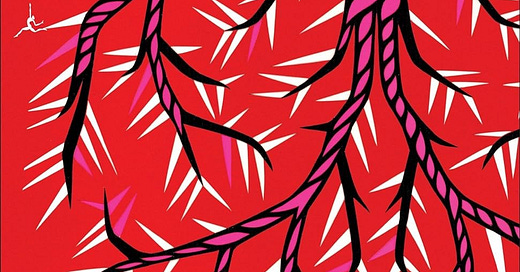If you are looking for the beginning of the study for Dante’s Inferno then you can go HERE for a brief introduction. At the bottom of the introduction you will find the links to each section of the study guide as it becomes available. If you would like to see the growing list of book studies available for free on this site you can go HERE. Enjoy!
Virtues/Vices/Great Ideas: (Find them in the Text)
Light vs. Darkness, Hope vs. Despair, Needing a Guide
Grammar Questions: (The Information of the Text)
Where was Dante as his story begins?
What “quieted a bit the dread” which Dante had been feeling?
What is said about “the pass” which Dante “turned back to gaze again upon?”
What was the first beast which prohibited (hindered) Dante’s path and how is it described?
What was the second beast Dante encountered and what is said of it?
What was the third beast Dante met and how is it described?
What did Virgil ask Dante when he first spoke?
What status did Dante ascribe (give) to Virgil?
What did Virigl say of the wolf that barred Dante’s way?
Who (or what) did Virgil say would put an end to the wolf?
Where did Virgil say he would lead Dante?
What was forbidden to Virgil by the “great Emperor”
Logic Questions: (Interpreting, Comparing/Contrasting, Reasoning)
In Dante’s opening line he starts, “Midway upon the journey of our life.” Why would he say “our life” instead of “my life?”
Of what is the path (or pass), which Dante is walking upon, representative?
What is the significance of the three beasts which Dante encounters? How might each of them represent something different? Does the progression from one beast to another indicate anything?
Dante said he was driven back “to where the sun is silent evermore.” What does this mean? Where is that place to which he is referring?
Upon their meeting Virgil asked Dante, “Why do you turn back to such pain? Why don’t you climb that hill that brings delight, the origin and cause of every joy?” What is symbolized by the accent (or climb) of the hill?
Who (or what) should we understand the “Greyhound” to be?
Who should we understand “those souls content to wait in fire” to be?
In what way was Virgil a “rebel” to God’s law?
Why might Virgil, author of the Aeneid, be a particularly worthy guide for Dante’s adventure into the depths of Hell?
Rhetoric Questions: (The Analysis of Ideas in the Text)
Dante is using poetry to unfold a story that is rich with theological, philosophical, and political meaning. Why might poetry be a particularly useful medium for this task? What would be its strength over simple prose writing? Contrarily, what strength does prose writing offer when talking about such important matters? What would be another good example of using poetry to express complex ideas about important matters?
Theological Analysis: (Sola Scriptura)
Read 2 Timothy 2:22. What sin does this verse say is characteristic of youth? How might we connect this to one of the beasts in Dante’s path?
Read Proverbs 16:18. What does God say about man’s pride? How might this sin be connected to one of the animals Dante encountered?
Read Proverbs 1:19. What does this verse tell us about the sin of greed? How might this relate to one of the beasts in the story?




Thank you for creating this! I studied some of Dante's Inferno in college, but don't remember anything.